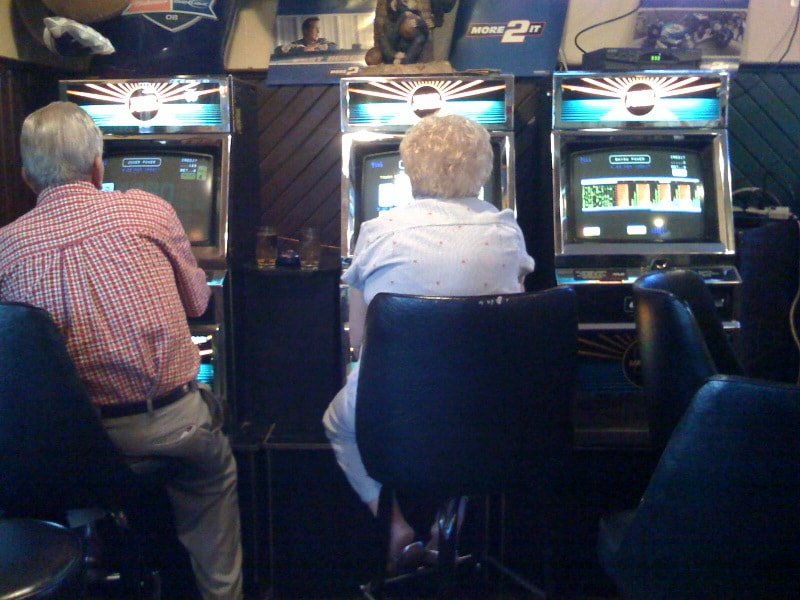| Stephen Paddock was a professional gambler who, his brother has said, knew the odds of each video poker machine he played to the tenth of a percent. If he happened to be a net loser at video poker for a period of time, he was a winner when all the comps were figured in — including free rooms, meals and expensive drinks. All of which is a “total crock,” according to David Tarbert. “The machines are built for him to lose,” he told me by phone Tuesday. “They don’t give these comps |
| | away and build those beautiful casinos based on a bad business model. It’s a good business model. It’s a sure-fire business model.” Tarbert has some insights into that. A 57-year-old attorney in Tallahassee, Fla., he was addicted to gambling for 36 years. Come January, he will mark his third year of freedom from that compulsion. It isn’t just Las Vegas, he said. Whether he gambled in Biloxi, on a cruise ship or along the Strip, it was the same. He was assigned a hostess. He was comped for this or that. He was made to feel he was a big shot. He knew, like so many others, that video poker was for chumps. As a journalist who spent three years working for the Las Vegas Review-Journal, that sounds right to me. We used to joke that all the gleaming hotels on Las Vegas Boulevard were not built off winners. Nothing is as certain as the adage that the house always wins. And few things are as alluring as the feeling that a big-time casino thinks you’re important enough to warrant a free meal or some other perk. It has been called “big shot-ism.” The allure can be blinding, until you hit rock bottom. Tarbert describes how he and a friend would take advantage of those perks. “We’d have this delicious steak meal that was better than anything we would ever treat ourselves to,” he said. “Then on the ride home we’d say we could have bought a quarter of a cow with what we lost.” As I write this, Paddock’s motive for opening fire on concertgoers from the 32nd floor of the Mandalay Bay Hotel remains unknown. Gambling addiction may or may not have been a factor, although it’s worth noting police in the Philippines blamed an addicted gambler for killing 38 people by setting fire to a casino there earlier this year. But what Tarbert and others I spoke to worry about is that the Mandalay Bay’s practices — and indeed the practices of virtually all casinos in an increasingly wealthy and powerful gambling industry — won’t get the scrutiny they deserve. “No credible, independent person who deals with gambling in the United States and is not being paid by the gambling industry would say Stephen Paddock was a responsible gambler,” Les Bernal told me. He heads a group known as Stop Predatory Gambling. Last December, the Atlantic did a lengthy story on the industry. Headlined, “How casinos enable gambling addicts,” it told in detail how everything from the way machines are programmed to the perks and the hostesses in casinos are designed to keep people gambling, either with their own money or with a loan from the house. Tarbert told me how this always ends with a period of self-loathing, during which the gambler often feels suicidal. A lot of questions remain unanswered. On Tuesday, police revealed that Paddock shot a hotel security guard a full six minutes before he opened fire on the crowd. It was unclear why the hotel did not notify police of this. Casinos surely have records of how much Paddock gambled and how he did over time. Was he really an effective gambler? How was he allowed to carry all those weapons to his room without any questions? Why, as some news reports said Tuesday, might he have had access to a freight elevator? Why are video poker machines programmed to make players think they’re only one card away from a big payoff when that isn’t true? There may be a hundred possible reasons why Paddock wanted to kill all those people. In the search for an answer, details of how casinos operate must not avoid careful scrutiny, especially since every state but Hawaii and Utah now allows some form of legalized gambling. |


 RSS Feed
RSS Feed

